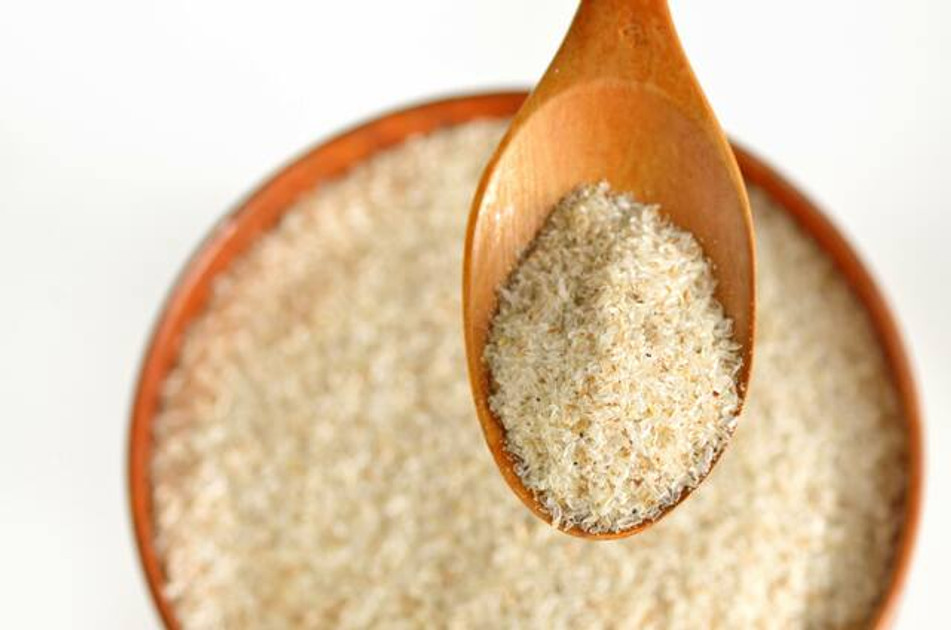What is Psyllium Husk?
Posted by DrNatura on Mar 31st 2022
An herb very common in cleansing and detoxification products, Psyllium (Plantago spp.) is also known as flea seed, ispaghula, plantago, and plantain. The many species of psyllium have similar therapeutic properties and can actually be used interchangeably.
Psyllium has ancient roots, having been grown and harvested for thousands of years in western Asia, Europe, North Africa, and the Mediterranean. In fact, psyllium was one of the first plants brought from Europe to America specifically for its medicinal properties.
Many people are familiar with psyllium seeds, which can range in color from dark brown to reddish black. These seeds contain fatty oil, protein and tannins, making them healthful additions to a diet. But it is the husk that surrounds the psyllium seed that is prized for its powerful effects on digestive health. When psyllium husks are softened in water, they swell to such an extent that they encourage intestinal wall contractions, naturally supporting digestive function. As a great source of mucilage – the gummy, gelatinous substance produced in plants – psyllium husks have both laxative and antidiarrheal effects; Chinese and Ayurvedic physicians have been using psyllium to treat both diarrhea and constipation for hundreds of years.
Experts consider psyllium one of the safest laxatives known, in part because it works like many high-fiber foods. Human and animal studies have shown that psyllium is an active laxative with cholesterol lowering, anti-hypertensive and expectorant qualities. Preliminary studies also suggest its role in diabetes management: when it was taken before breakfast and dinner, the typical rise in glucose and insulin concentrations seen in people with non-insulin-dependent diabetes (type 2) was notably reduced in one study. Many herbalists and natural health practitioners agree that psyllium should be a central component of any cleansing program, as it bulks up the stool, thus allowing toxins in the body to have less direct contact with the intestinal tissue.
It’s important to note that sufficient water must be taken with psyllium husks to prevent increased constipation and promote defecation. Additionally, psyllium should be taken either two hours before or after other medications.
References
PDR For Herbal Medicines, 3rd edition, Thompson PDR, ©2004
Peirce, Andrea. The American Pharmaceutical Association Practice Guide to Natural Medicines, William Morrow and Company, Inc., ©1999
The Complete Guide to Natural Healing, IMP AB, ©2000
Balch, Phyllis A., CNC, Prescription for Herbal Healing, ©2002
DISCLAIMER: This information is not intended as a substitute for advice provided by a healthcare professional. You should not use this information in diagnosing or treating a health problem. No claim or opinion in this email is intended to be, nor should it be construed to be, medical advice. If you are now taking any drugs or have a medical condition, please consult a competent physician who is aware of herb/drug interactions before taking any herbal supplements. The information presented herein has not been evaluated by the Food & Drug Administration and is not intended to diagnose, prevent or treat any disease or illness.


